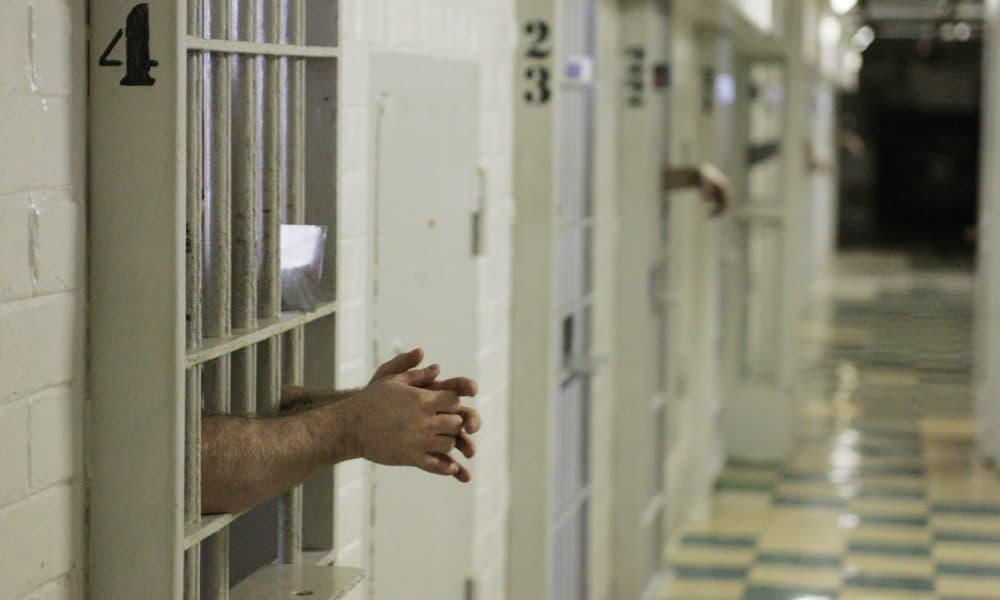Advertisement
U.S. Launches Clemency Effort For Some Drug Offenders
Resume
Attorney General Eric Holder is encouraging defense attorneys to compile lists of clients who were incarcerated for low-level, nonviolent drug offences, to petition for executive clemency.
This comes as part of a push by the Obama administration to reverse what it perceives as harsh penalties for low-level drug offenders.
President Obama commuted eight sentences in December, all for crack cocaine offenses. Six of the eight prisoners whose sentences were commuted were serving life sentences.
"By aggressively using his pardon power to highlight a problem in the system, it signals to Congress where they need to change the law."
Sam Morison, a former staff attorney with the Department of Justice's Office of the Pardon Attorney, is now an attorney specializing in executive clemency petitions. He joins Here & Now's Robin Young to discuss the process of receiving executive clemency.
Morison says the president's push toward clemency brings attention to a larger systemic problem: harsh mandatory minimum sentences for drug offences.
"By aggressively using his pardon power to highlight a problem in the system, it signals to Congress where they need to change the law," Morison said. "This is one way the president can be a leader."
Morison says the president's clemency power has a historical precedent for setting a legislative agenda. He cites the Kennedy administration, which asked the federal prison bureau to recommend prisoners who had been incarcerated under the Narcotics Control Act of 1956 for clemency. Subsequently, the Congress repealed provisions of that law.
"It's only in recent years where it's become sort of the received wisdom that it's too politically risky for the president to use his clemency power," Morison said. "When the president grants commutation or pardon to relieve people of the consequences of harsh, criminal laws, that's not an exception to the criminal justice system, that's part of the criminal justice system."
Guest
- Sam Morison, attorney specializing in federal executive clemency. He was a former staff attorney in the Office of the Pardon Attorney at the Department of Justice.
This segment aired on February 3, 2014.